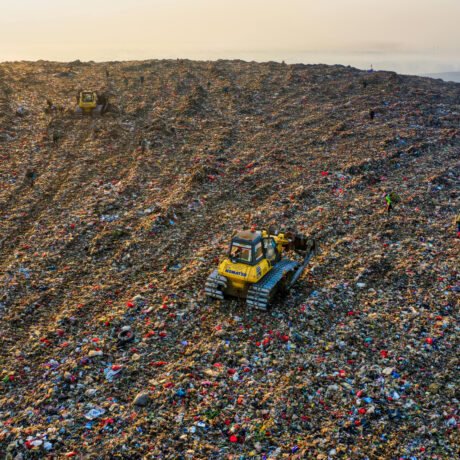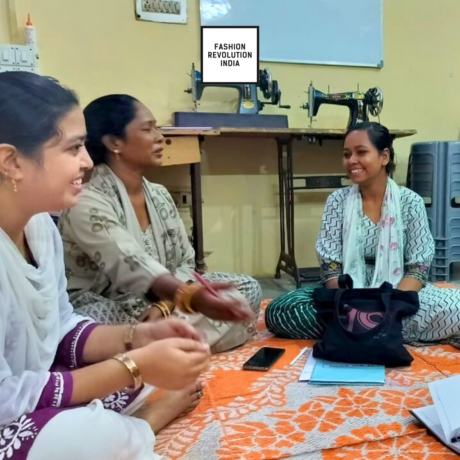International Women’s Day: Women’s rights and the environment in fashion
International Women’s Day takes place on Monday 8th March 2021, and this year the overarching theme is ‘Women in leadership: Achieving an equal future in a COVID-19 world’. The day aims to celebrate and empower women and girls around the world to help shape a just and regenerative recovery from the COVID-19 pandemic.
The fashion industry employs millions of women throughout its complex global supply chain, but the majority of leadership roles–away from the shop, factory and design floor–remain in the hands of men. In 2020, we saw fashion brands and manufacturers mobilise in force to produce vital PPE for healthcare staff on the frontline, but we also saw retailers cancel billions of dollars worth of orders, leaving garment workers and their families hungry.
To ensure that all stakeholders in the fashion system survive and thrive in a post-pandemic world, we need to put women’s rights at the core of the fashion revolution.
In this blog post, we explore the intersection of human rights and the rights of nature and find out how this relates to the empowerment of women and girls across the world, during COVID-19 and beyond.
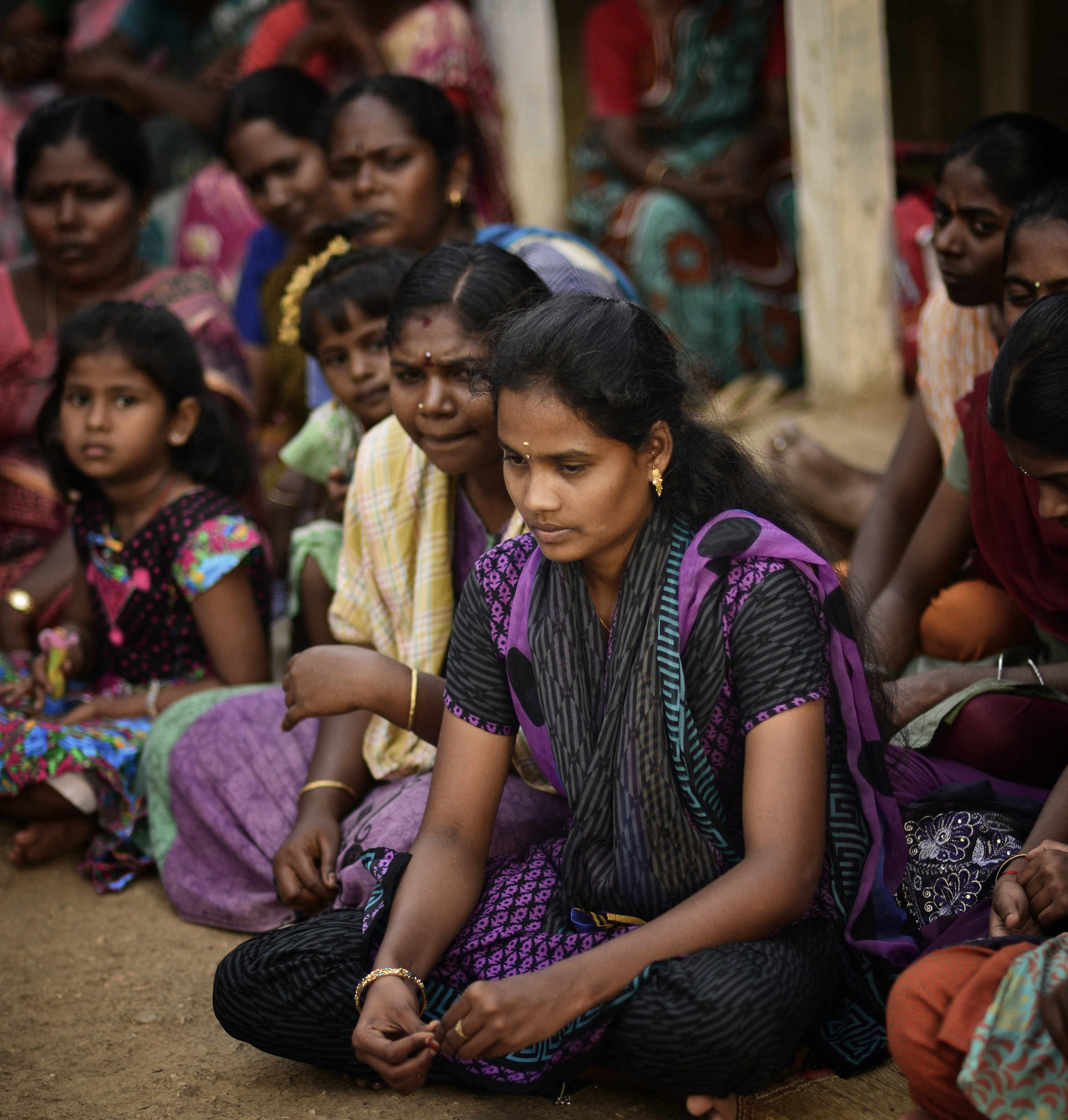
Labour rights for female workers
The fashion industry remains one of the most labour-intensive industries in the world. The majority of that labour is carried out by women – in Bangladesh, for example, up to 85% of the production workforce is female, although the proportion of women garment workers is reportedly decreasing.
Although there are more women in the labour market than ever before, these workers are systematically denied the same rights as men. 71% of people trapped in modern slavery are women, and fashion is the second-highest risk category for modern slavery in the supply chain. Up to 50% of women in the garment industry have experienced sexual harassment in their place of work, with millions lacking legal protections against this abuse.
“The people making our clothes may not always be visible, but every garment they make has a silent #MeToo woven into its seams.”
– Carry Somers, co-founder of Fashion Revolution
One of the most important UN Sustainable Development Goals is Goal 5: Gender equality. But in order to achieve true equality by 2030, we need rapid action by those with the most power in the fashion system – executives, directors, policymakers, corporations. Women need to be at the centre of their decision-making process at every tier of the supply chain.
We use #WhoMadeMyClothes not just to encourage brands to disclose their suppliers, but to demand that they give their workers a voice and tell their story. The women who make our clothes are not a monolith. They are individuals with rich and complex lives, and each and every individual deserves the right to be heard.
When we ask brands #WhoMadeMyClothes, we are asking for solutions to the issues that disproportionately impact women, including:
- How do you ensure women working in your supply chain don’t experience verbal, physical and sexual harassment?”
- Do you ensure mandatory fire and safety training for the people who make your clothes?
- Do your workers have access to healthcare benefits and childcare facilities?
- How many workers in your supply chain earn a living wage?
- Can your workers exercise their right to join a union?
- Do you perform due diligence surrounding forced and bonded labour?
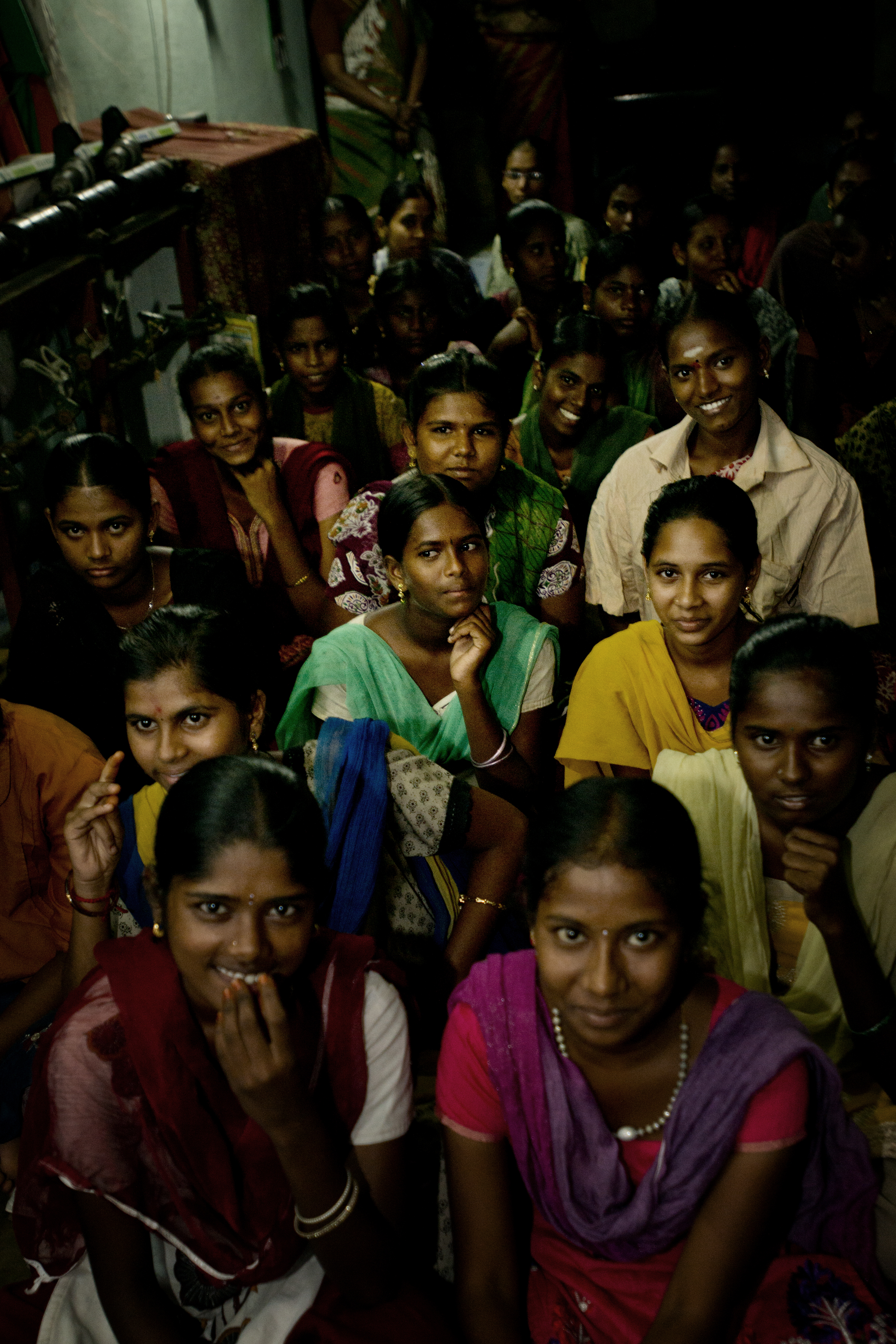
Environmental impacts on women
We know that the fashion industry contributes 2.1 billion tonnes of greenhouse gas emissions per year, which is around 4% of all global emissions. In other terms, this is the same quantity as the entire economies of France, Germany, and the United Kingdom combined. In addition to its carbon footprint, fashion contributes to deforestation, biodiversity loss, water pollution, textile waste and other ecological crisis points.
We also know that climate change and environmental degradation disproportionately affect women, made even more visible during the pandemic. This is because women around the world are at greater risk of poverty, face barriers to basic human rights such as free movement, and experience gender-based violence which escalates during periods of instability. Therefore, women’s livelihoods – and the livelihoods of their dependents – are at greater risk from damage by extreme weather events, natural disasters, and zoonotic disease outbreaks like Covid-19.
Low-lying nations such as Cambodia, Bangladesh, India, Vietnam, Indonesia and Thailand are also at increased risk of flooding due to sea-level rise caused by global warming. Temperature rise will also directly impact factory workers. These countries are where many fashion brands source raw materials and finished products, which means the industry has a huge stake in helping to prevent the effects of climate change on its own workers.
To address the transparency gap in relation to environmental impact beyond the clothing label, we introduced the hashtag #WhatsInMyClothes. When we ask brands #WhatsInMyClothes, we are also asking for solutions to the issues that disproportionately impact women, such as:
- Do you measure and publish your carbon footprint, and do you have plans to reduce and offset it?
- Do you adhere to commitments on hazardous chemicals and restricted substances?
- Do you incinerate unsold stock or send returned items to landfill? How are you reducing pre-consumer and post-consumer waste?
- Are you working to eliminate plastics from their packaging?
- Do you have a strategy for reducing microfibre shedding?
- Do you source materials from sustainably managed forests? Is their leather supply chain traceable to the raw material?
Find out how to ask brands about their environmental impact during Fashion Revolution Week.
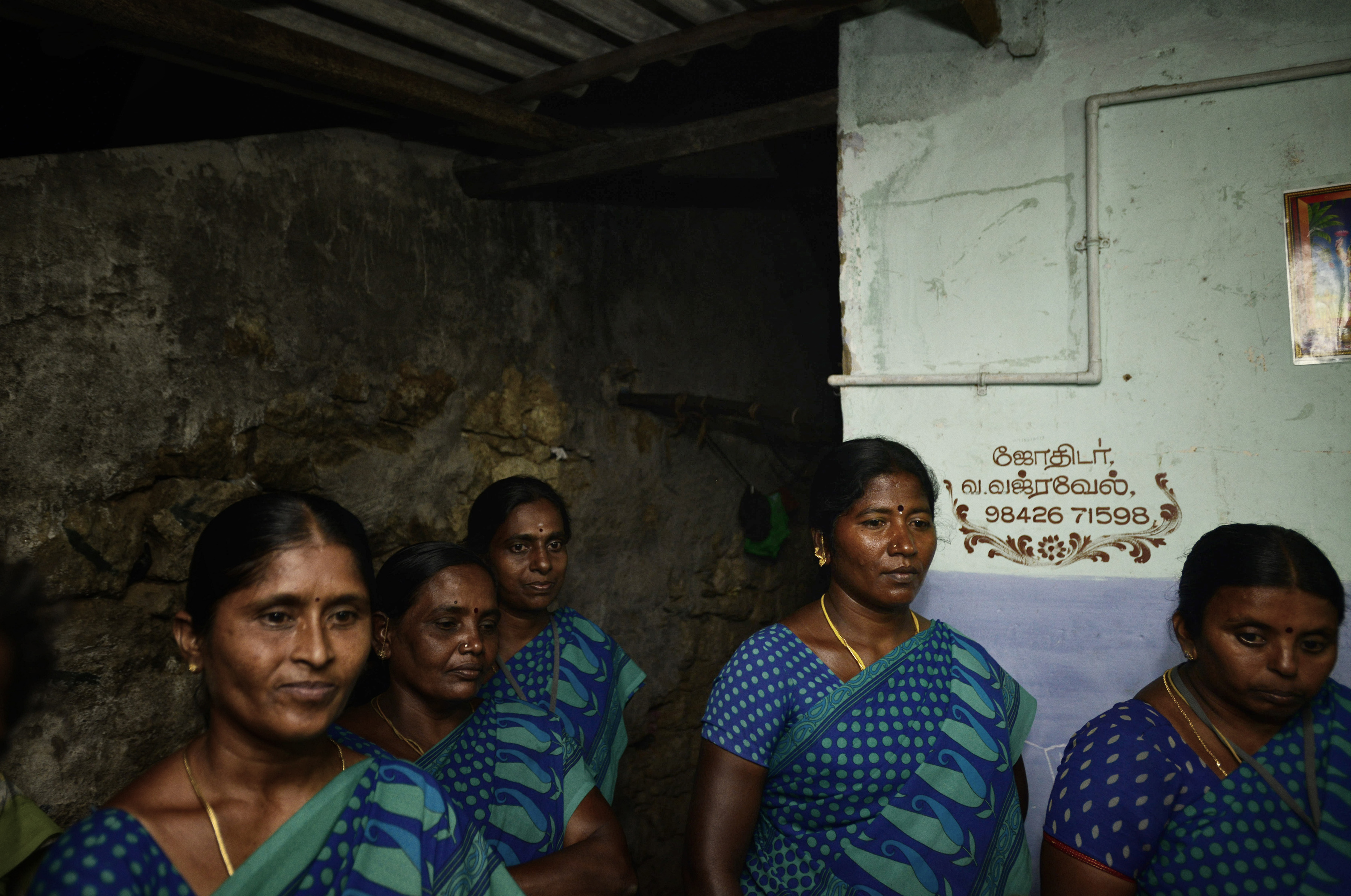
How to support the women who make our clothes
This year, our theme for Fashion Revolution Week (19th-25th April 2021) is Rights, Relationships & Revolution. Our goal is to showcase how human rights and the rights of nature are interconnected and interdependent. To reach this goal, we’ve partnered with leading organisations that amplify unheard voices, including the Tamil Nadu Alliance. The Tamil Nadu Alliance represents over 100 grassroots organisations in southern India and is focused on improving conditions for textile workers, many of whom are young women.
Find out more about the Tamil Nadu Declaration and Framework of Action here, and make sure to catch up on our report Out of Sight: A call for transparency from field to fabric.
If you’re in the position to donate money directly to garment workers, you can support the following AWAJ Foundation fundraiser: Direct Relief for Garment Makers. AWAJ are working tirelessly to support female garment workers in Bangladesh this International Women’s Day and throughout the pandemic. Donate now to help fund emergency relief, such as food packages, PPE and healthcare for the women who make our clothes.
View this post on Instagram
Further reading on fashion and female empowerment
Does your feminist T-shirt empower the women who made it?
Why fashion matters for International Women’s Day





